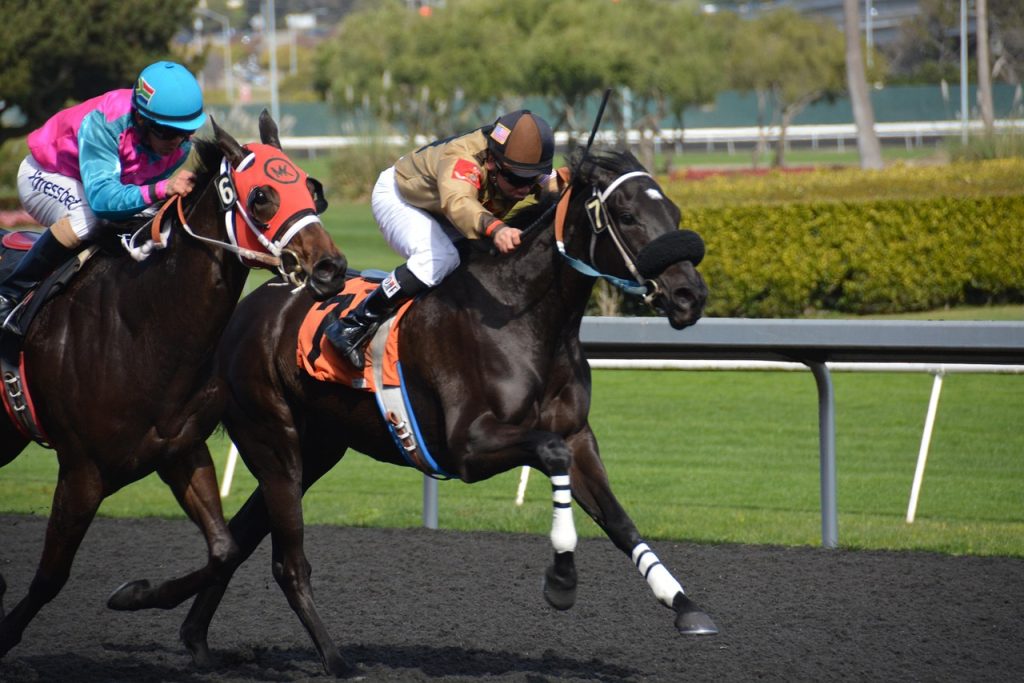Roulette is widely considered a game of pure chance—each spin independent and every number equally likely. But some gamblers swear by a concept known as roulette wheel bias: the idea that certain numbers appear more frequently due to mechanical imperfections. This theory has been around for decades and even helped a few players beat the house in real casinos. But in today’s high-tech gambling environment, is wheel bias still real—or just a gambler’s myth? In this article, we’ll explore the origins of roulette bias, how it may work, and whether it offers any real advantage in modern play.
What Is Roulette Wheel Bias?
Roulette wheel bias refers to a physical flaw or defect in a roulette wheel that causes it to favor certain numbers more than others. These imperfections could result from:
- Uneven wear and tear on the wheel
- Loose frets (the separators between numbers)
- A tilted or unbalanced wheel
- Differences in ball bounce or drop zones
If these issues are consistent, they can potentially skew the game’s randomness, leading to statistical patterns over time that a keen observer might exploit.
Historically, wheel bias was most common in mechanical roulette wheels used in land-based casinos. Before modern quality control, minor flaws could go unnoticed for long periods.
Real-Life Examples of Exploiting Wheel Bias
The most famous case of wheel bias exploitation dates back to the late 20th century, when a group of professional gamblers known as the “Gonzalo Garcia-Pelayo team” analyzed thousands of roulette spins at Spanish casinos. By recording outcomes and identifying biased numbers, they managed to beat the house and win millions before being barred.
Their strategy involved:
- Logging thousands of spins
- Running statistical analyses to find overrepresented numbers
- Betting consistently on those numbers until the bias was corrected
Their success proved that wheel bias could exist, at least under the right conditions—and that it could be exploited with time, skill, and patience.
Does Wheel Bias Exist Today?
With modern casino technology, the likelihood of wheel bias in a professional, licensed casino has dropped significantly.
Reasons include:
- Computerized monitoring systems that detect unusual patterns
- Frequent wheel maintenance and rotation to prevent wear
- Precision manufacturing standards for roulette equipment
- The rise of digital and RNG-based roulette games, which are software-driven and not susceptible to physical flaws
In short, while wheel bias is not entirely a myth, it’s far less common today and virtually nonexistent in online or electronic formats.
Still, in some lower-budget or poorly maintained venues, particularly in less-regulated markets, the potential for subtle wheel bias could still exist—but it would take serious effort to detect and exploit it.

Can You Still Try to Spot It?
For players curious about exploring wheel bias, here’s what a modern attempt might involve:
- Track thousands of spins at the same physical table
- Log each result accurately in a spreadsheet or database
- Run statistical analyses to see if any numbers consistently appear above random expectation
- Verify that patterns persist and aren’t just short-term anomalies
- Test your theory cautiously, starting with small bets
Keep in mind:
- This process takes hours or even weeks
- Casinos may notice and intervene
- The bias could vanish with the next wheel maintenance
In short, it’s not practical for most players, and the potential gains are uncertain.

Final Thoughts: Entertaining Theory or Reliable Strategy?
Roulette wheel bias is not just a myth—it’s a phenomenon with a basis in real-world physics and history. But in modern casinos, its relevance has drastically declined due to tighter regulations and improved equipment. For the average player, betting on red or black is far more realistic than trying to find a biased wheel.
That said, wheel bias remains a fascinating part of gambling lore, reminding us that sometimes, even games of chance can be cracked—if only briefly. If you’re intrigued by the idea, treat it as an intellectual challenge, not a guaranteed shortcut to profit. After all, in today’s gambling world, the house is more balanced than ever.
